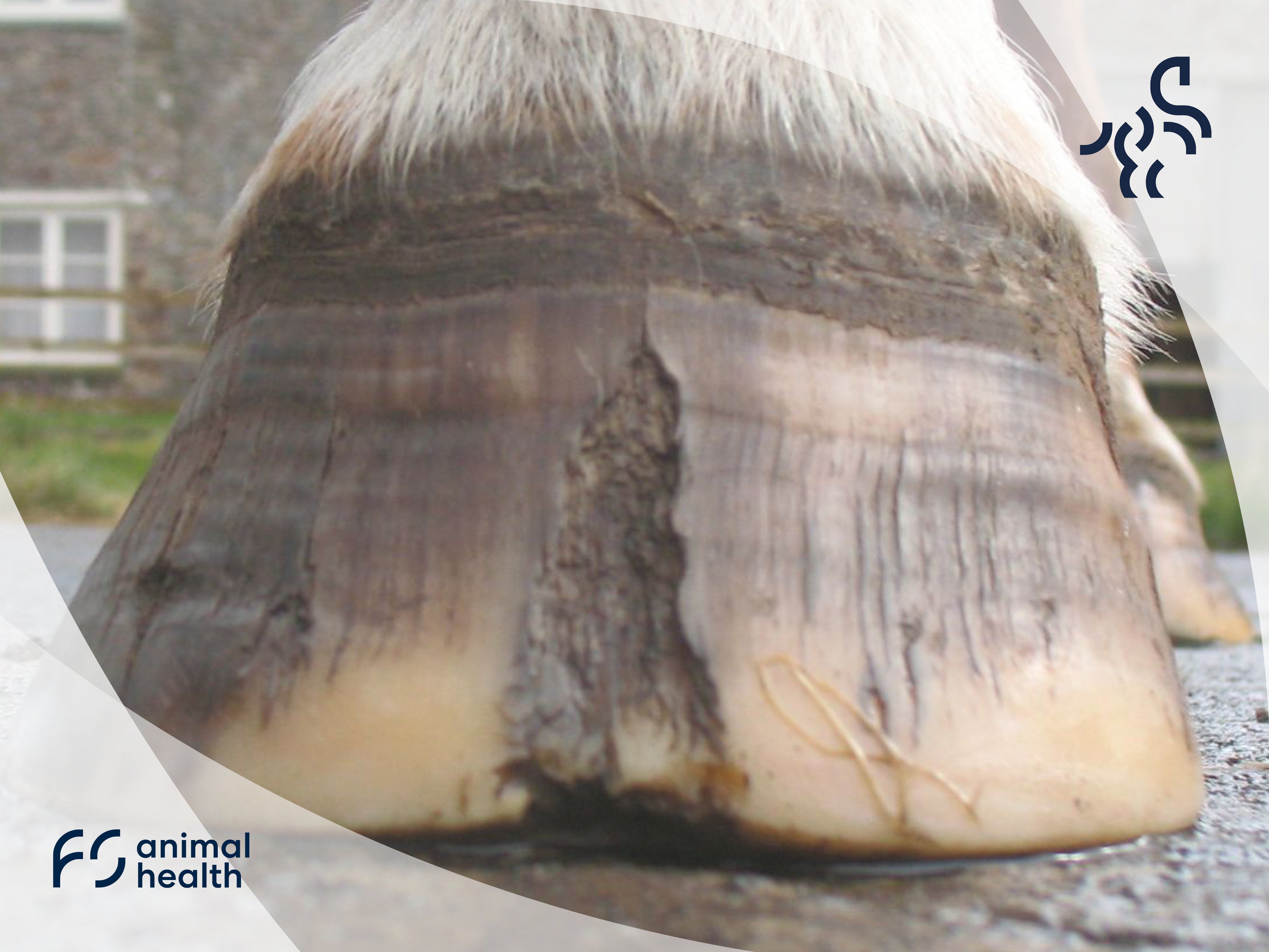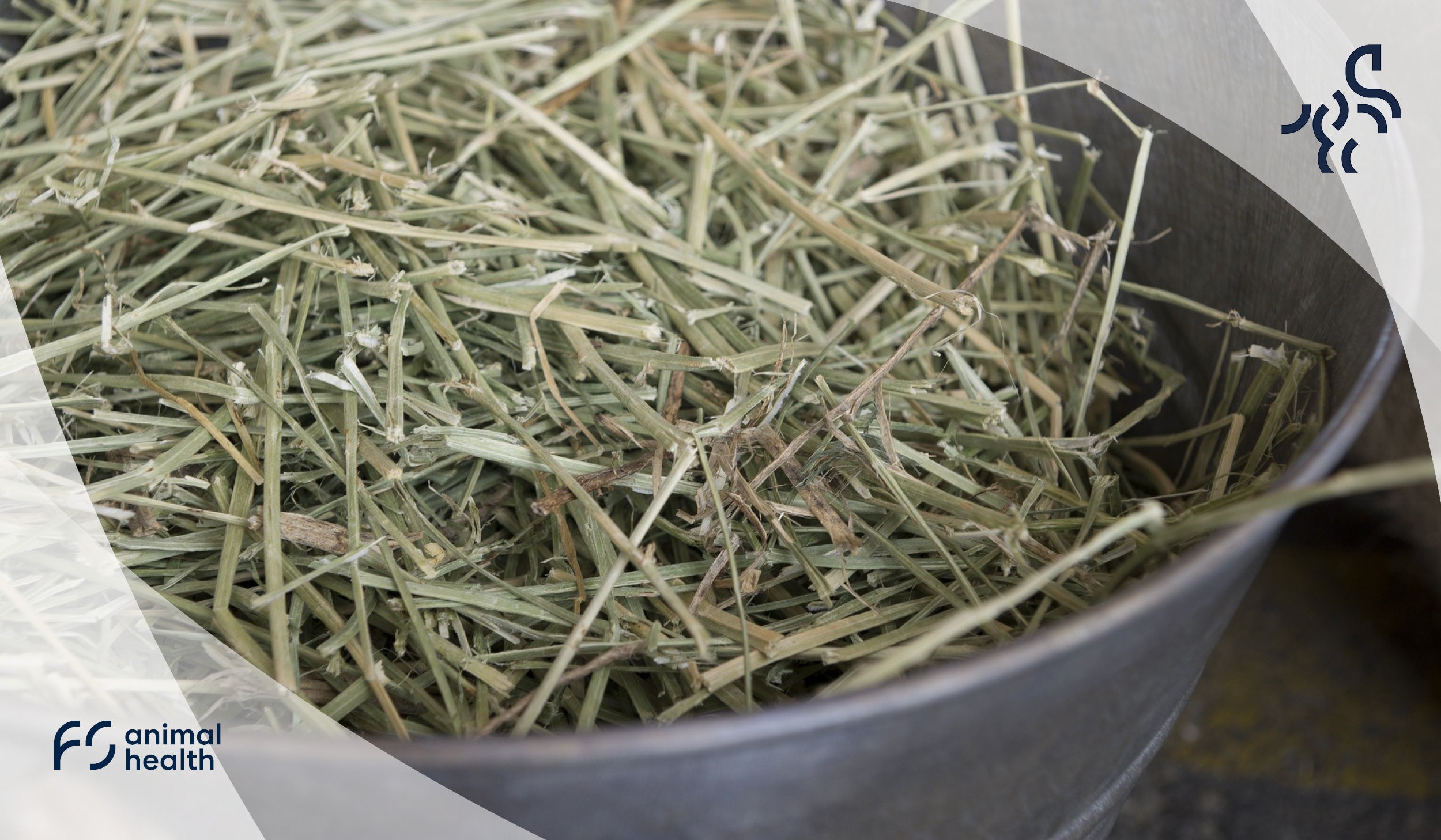ELECTROLYTES - A term that everyone has heard before,
but hardly anyone can explain. We'll get to the point for you!
Electrolytes – vital salts for the horse’s body!
After a strenuous training session or tournament, horses are usually dripping with sweat. But is that actually healthy? What substances are lost in the process and, above all, how can I replenish these substances to my horse?
Electrolytes include the salts sodium, potassium, calcium and magnesium. These carry electrical charge and are essential for the cell's survival. Their composition is precisely coordinated in the body, so that if there are changes, the cell can no longer perform its function and usually dies.
It often happens, especially in summer, that horses suffer from electrolyte deficiency. The reason is that they sweat more and too many electrolytes are removed from the body.
Even at temperatures of around 20°C, a fully grown horse loses around 1 liter of sweat per hour. An endurance horse loses around 35 liters of water and at least 300g of minerals during a ride. But even less strenuous rides cause a loss of 18-20 liters of water and a loss of 200g of electrolytes.
Disturbances in the acid-base and water balance occur. These lead to an impairment of the interaction between nerve and muscle cells and a slowing of blood transport. Signs of such a deficiency are tiredness and drowsiness, muscle weakness, cardiac arrhythmias, circulatory problems and diarrhea.
Such an electrolyte deficiency should be treated as quickly as possible. Otherwise, the blood will thicken, which will reduce blood flow to the muscles and destroy muscle cells.
Appropriate treatment looks like this:
Firstly, the horse should have sufficient water available around the clock. Secondly, there are highly developed electrolyte supplements to "replenish" the electrolyte stores. These are available in the form of powder and paste, which are very suitable for tournaments.
If high levels of exertion are expected, it is advisable to feed the horse several days beforehand and also afterwards. If the horse is exposed to high levels of exertion on a permanent basis, the horse should also be fed on a permanent basis. Electrolytes that are not required by the body are excreted from the body via urine, so there is no risk of electrolyte excess.
It is also recommended to feed sufficient hay, as this forms a large electrolyte and water reservoir in the large intestine.
Our product recommendations for electrolyte balance are:
Your
Farm & Stable Team




